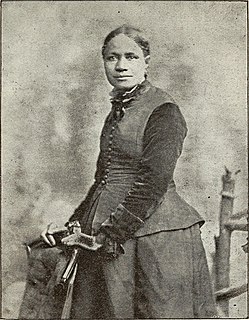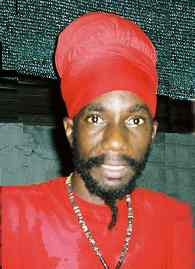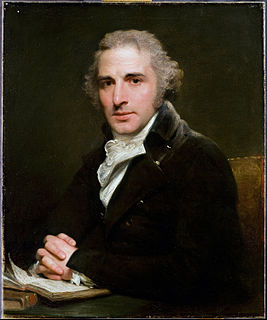A Quote by Frances Harper
I like the character of Moses. He is the first disunionist we read of in the Jewish Scriptures.
Related Quotes
There’s different ways to be impacted by truth. One is to read the scriptures. Another is to read other works by other people who have read the scriptures, non fiction for example. Another is to do studies. Another is to go to a place of worship. Another thing is to sit and listen to someone who’s speaking. There’s all kinds of ways. Another way is to write. About the truth. Discover the struggle through your character.
I read about the Trinity. I found something - Jesus was Jewish, he was a rabbi! - and I read a lot of stories about Jesus in Israel. And it's interesting that they picked me for this part in The Snack, and I'm Jewish, I'm kind of religious Jewish from Israel, and I don't look like the traditional Jesus with the long blonde hair and blue eyes.
I strongly believe that a small Jewish clique which has contempt for the mass of Jewish people worked with non-Jews to create the First World War, the Russian Revolution, and the Second World War. This Jewish/non-Jewish Elite used the First World War to secure the Balfour Declaration and the principle of the Jewish State of Israel.
At the heart of anti-Semitism lies Moses. He made a catastrophic error, a terrible mistake, and all anti-Semitism for two thousand years stems from his misjudgement. Moses said we Jews could remain a people without having a land. He said we don't need territory to hold onto our Jewish identity. This was a disaster.
No single character is ever so great that a nation can afford to form itself upon it. Imitation belittles. This appears in the instance of the Chinese. The Chinese are so many Confucii; in miniature. And so with the Jews. Moses, the lawgiver, is poorly represented by Moses, the old clothesman ; or even by Dives, the hanker.
Orthodox Jews, or, as they are known in the Talmud, the Really Chosen Ones, are committed to the idea that the entire Torah was dictated by God verbatim to Moses at Mount Sinai... Other forms of Judaism dispute this claim, although it does explain certain passages in the first Torah, such as, I'm sorry, am I boring you? and What do you like better, Moses, Lord Almighty or Big Hoohah?






































